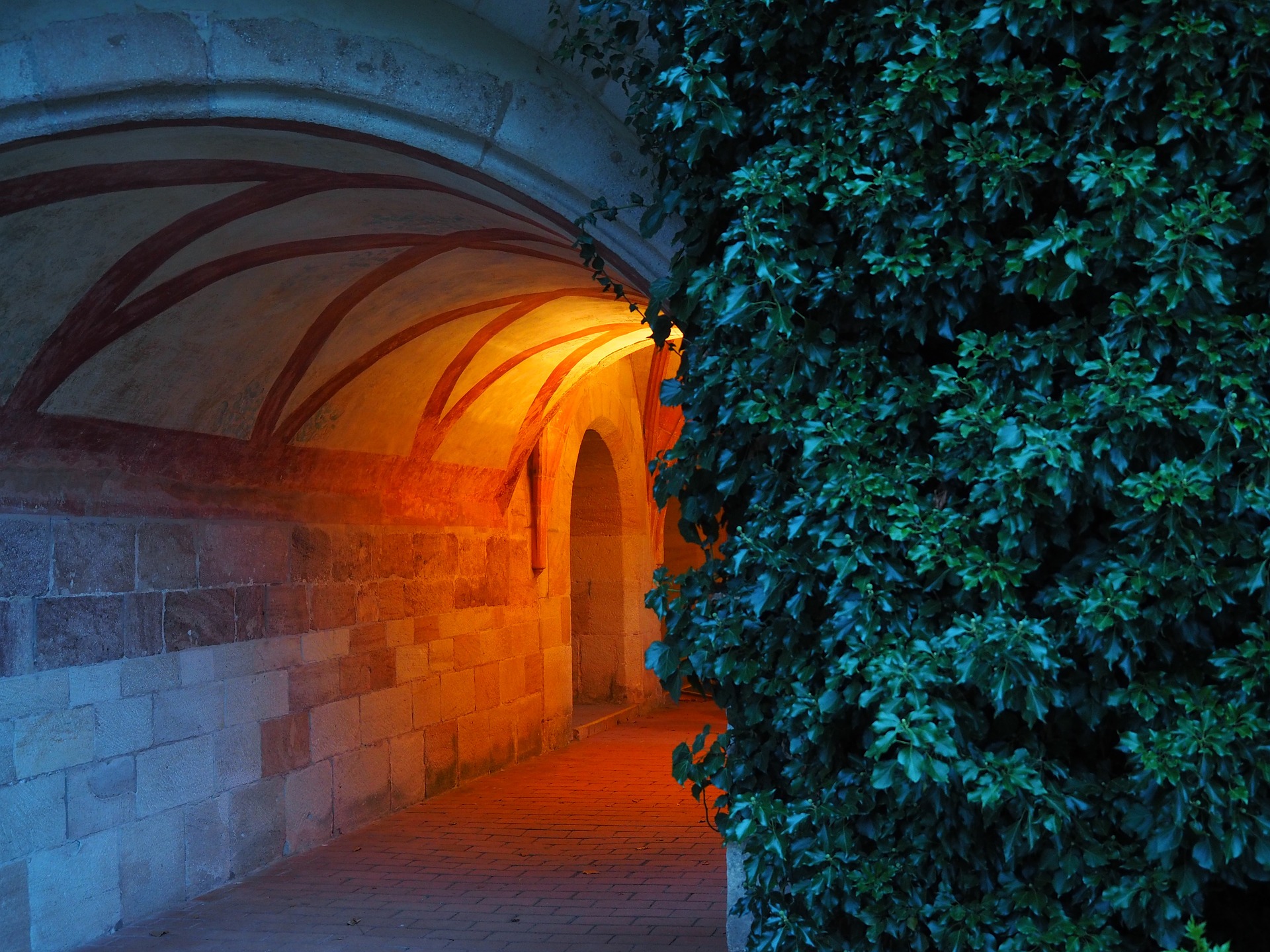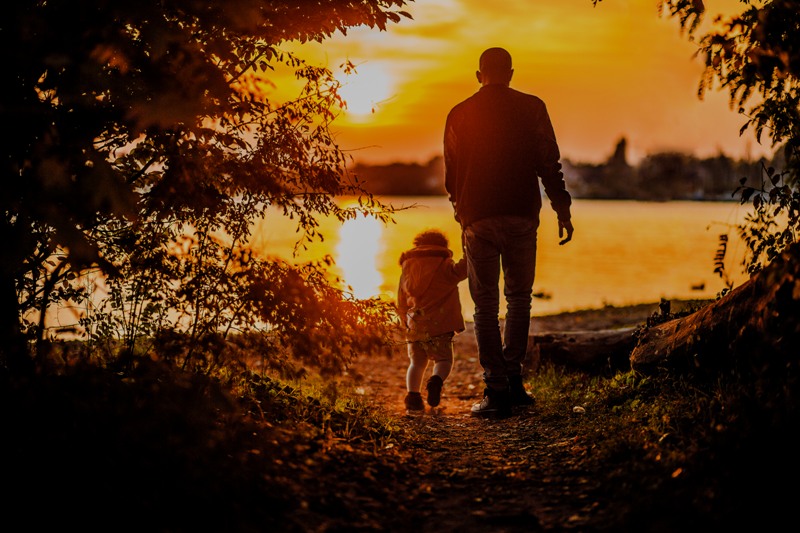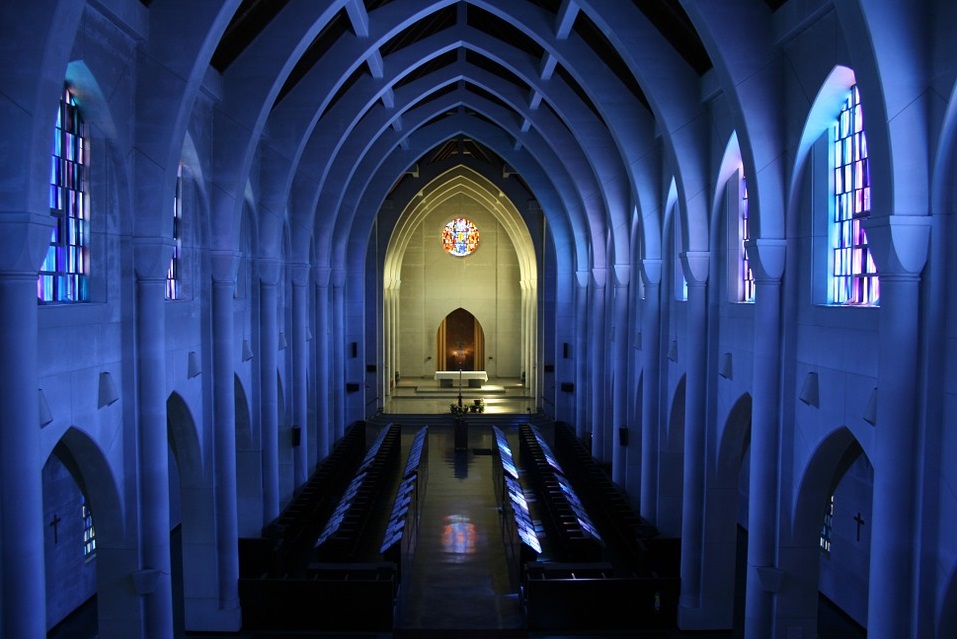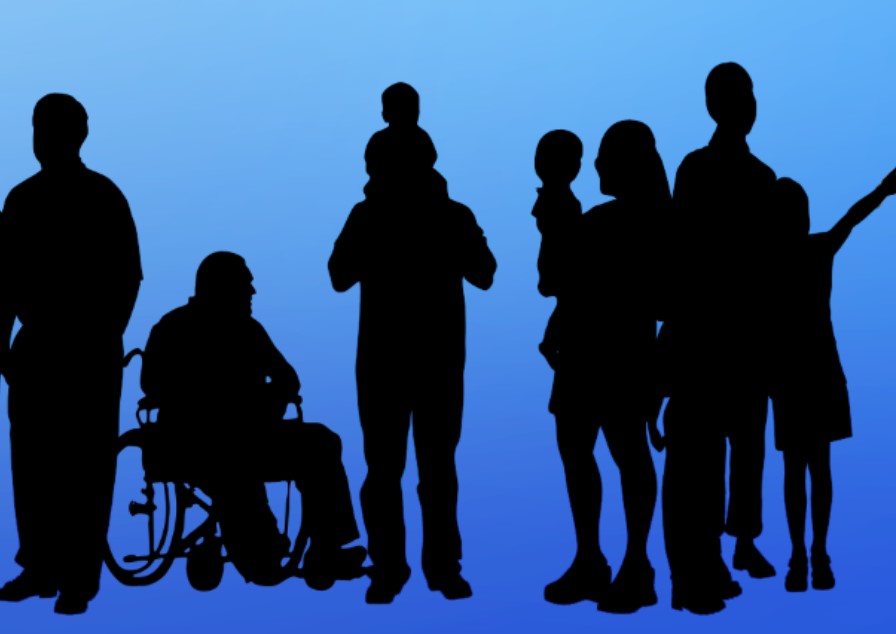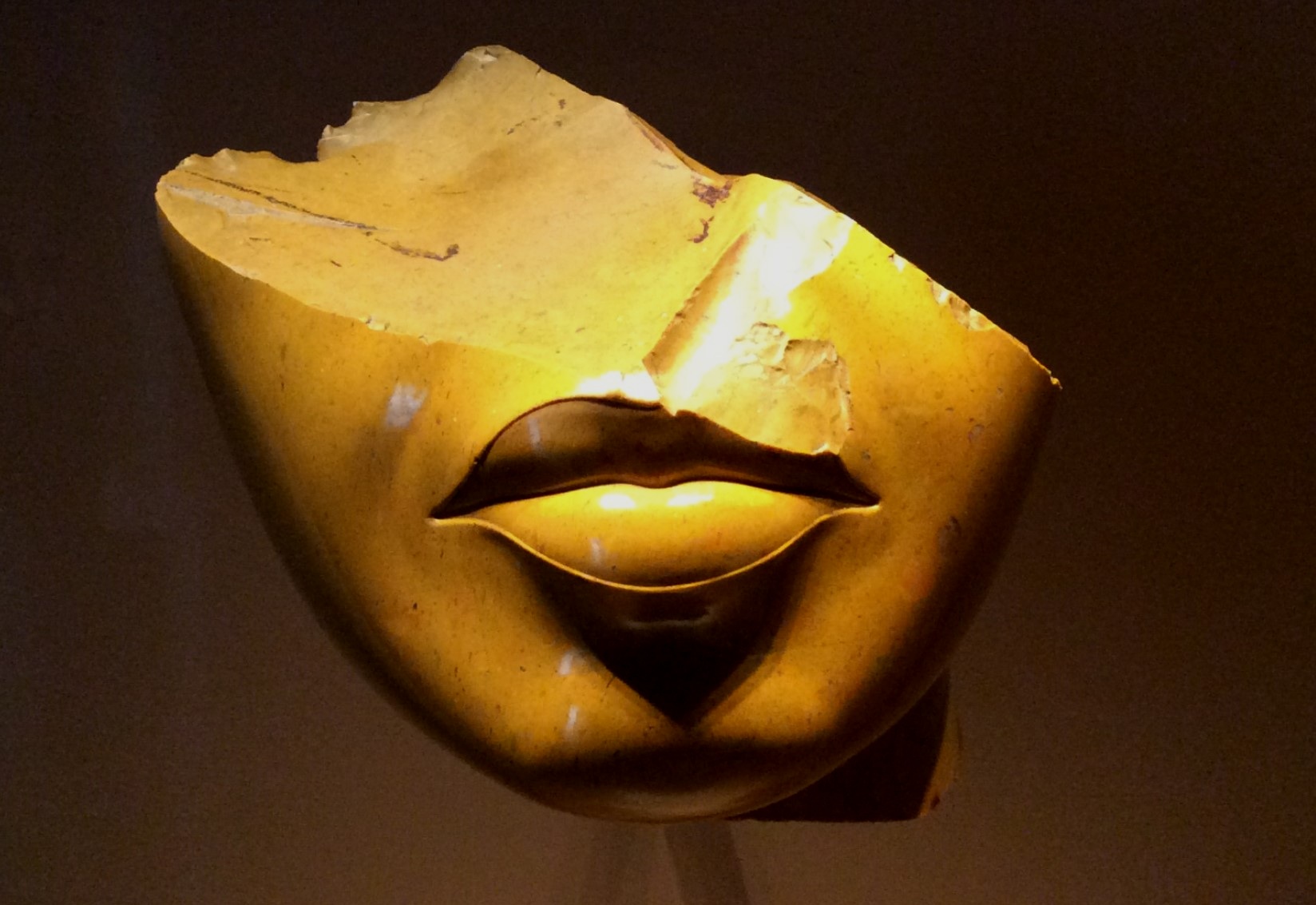Sleep and Rest
Photograph: Old Spanish monastery in Miami, Florida. Photo credit: Capecodprof, Creative Commons Zero.
Introduction
The resources below highlight various insights about sleep and rest, as they point towards a normative or normative range of human development, which often overlaps with Jesus’ vision of the human and human relations, especially the biblical theme of Sabbath.
Conversation Stations
These are the images used in artistic physical displays. They are survey questions and conversation starters that are topically and thematically organized. They demonstrate how Jesus is relevant to each topic or theme. You can also just view the images on your device. If you would like, see all our Conversation Stations; below are the ones that relate to the topic of Desire.
Find Your Heart's Desire? (and instructions and theological essay)
Is a Good Friend Hard to Find? (and instructions and conversation tree)
What Story Do You Live In? (and associated message)
Does the Good Outweigh the Bad? (and instructions)
Whose Justice? (and instructions and Christian Restorative Justice Study Guide)
Whose Justice? for Harvard Law School
What Can We Do About Evil? (and instructions and conversation tree) and smaller version and brochure version
Messages and Resources on Sleep and Rest
God's Plan for Rhythm and Time
Slides to a presentation on how God created us to rest first, and then let life and work flow out of that rest.
Christian Spiritual Development Based on the Gospels: A Diagram
Slides to a presentation based on the structure of the Gospel of Matthew, and how Jesus’ Great Commission is built on the faith, desires, character, and skills that he was building in his disciples. It uses UCLA Basketball Coach John Wooden’s “Pyramid of Success” and translates it into a diagram for Christian growth. This presentation connects these stages or challenges to various resources on this website.
Link to a page on our website, which lists Christian resources related to desire and the shaping of desire.
Jewish and Christian Resources on Rest
Judith Shulevitz, The Sabbath World: Glimpses of a Different Order of Time. Random House Trade Paperbacks | Amazon book, Apr 2011.
Walter Brueggemann, Sabbath as Resistance: Saying NO to the Culture of NOW. Westminster John Knox Press | Amazon page, 2014.
Tish Harrison Warren, Spiritual Direction: Get More Sleep. InterVarsity, Oct 29, 2013.
Other Resources on the Importance of Sleep and Rest
Kyla Wahlstrom, Changing Times: Findings From the First Longitudinal Study of Later High School Start Times. NASSP Bulletin, December 2002. On the policy and politics, see Danielle Dreilinger, How To Make School Start Later. Education Next Journal, May 21, 2019.
Duke Medicine News and Communications, Poor Sleep More Dangerous for Women. Duke Medicine, Mar 10, 2008.
Camille Peri, Ten Things to Hate About Sleep Loss. Web MD, Sep 14, 2012.
Maria Popova, Famous Writers’ Sleep Habits vs. Literary Productivity, Visualized. Brain Pickings, Dec 16, 2012.
John de Graaf, When America Came 'This Close' to Establishing a 30-Hour Workweek. AlterNet, Apr 2, 2013. Labor unions almost succeeded in 1933.
Hank Green, Sleep: Why We Need It and What Happens Without It. SciShow, Oct 14, 2013.
Alicia Chang, Study: Brains Sweep Out Toxic Junk While We Sleep. Talking Points Memo, Oct 18, 2013.
Seth Maxon, How Sleep Deprivation Decays the Mind and Body. The Atlantic, Dec 30, 2013.
George Dvorsky, Why We Need to Sleep in Total Darkness. io9 blog, Jan 8, 2014.
Julie Beck, The Town That's Building Life Around Sleep. The Atlantic, Feb 5, 2014.
Michael Hyatt, If You Want to Be More Productive, Get More Sleep. blog, Feb 18, 2014.
Justin Scuiletti, Losing Sleep Can Lead to Brain Damage. PBS, Mar 19, 2014.
Jason Feifer, When Genius Slept. New York Magazine, Jun 8, 2014.
Matt Connolly, Something Bizarre Happens to Your Brain When You Don't Get Enough Sleep. News Mic, Jul 19, 2014.
Cody C. Delistraty, To Work Better, Work Less. The Atlantic, Aug 8, 2014.
Cody C. Delistraty, Let the Body Rest, for the Sake of the Brain. The Atlantic, Oct 23, 2014.
UC Berkeley, Sleep Deficit Linked to Accumulation of Alzheimer's Protein and Memory Loss. Neuroscience News, Jun 1, 2015.
Lydia Ramsey and Jessica Orwig, 12 Science-Backed Habits to Get a Better Night's Sleep. Business Insider, Mar 18, 2016.
Justin Wolfers, A Family-Friendly Policy That’s Friendliest to Male Professors. New York Times, Jun 24, 2016. “rest” can reinforce male privilege
Jeff Harder, Is Our Fear of Insomnia What's Actually Keeping Us Up at Night? Boston Globe, Aug 17, 2016.
Marie-Pierre St. Onge, Anja Mikic, Cara E. Pietrolungo, Effects of Diet on Sleep Quality. Advances in Nutrition, Sep 2016. establishes correlations, as the relationship appears to be mutual and reciprocal. Sarah Frank, Kelli Gonzalez, Lorraine Lee-Ang, Marielle C. Young, Martha Tamez, and Josiemer Mattei, Diet and Sleep Physiology: Public Health and Clinical Implications. Frontiers in Neuroscience, Aug 2017. “Dietary quality and intake of specific nutrients can impact regulatory hormonal pathways to alter sleep quantity and quality. Sleep, in turn, affects the intake of total energy, as well as of specific foods and nutrients, through biological and behavioral mechanisms. Initial research in this field focused primarily on the effects of short sleep duration on nutritional quality.”
Sarah DiGiulio, The Terrifying Way Not Sleeping Enough Actually Changes Your Gut. Huffington Post, Dec 23, 2016.
Catherine Clifford, Olympic Hero Michael Phelps Says the Secret to His Success is One Most People Overlook. CNBC News, Feb 14, 2017.
Jenny Anderson, Economists Quantified What Sleep Deprivation Does to Mother's Pay and Productivity. Quartz, Feb 17, 2017.
Arianna Huffington, The Sleep Revolution: Transforming Your Life, One Night at a Time. Harmony | Amazon book, Apr 2017.
Andy Coghlan, The Brain Starts to Eat Itself After Chronic Sleep Deprivation. New Scientist, May 23, 2017.
Terry Gross, Sleep Scientist Warns Against Walking Through Life 'In An Underslept State'. NPR, Oct 16, 2017.
Elizabeth Bruenig, America is Obsessed with the Virtue of Work. What About the Virtue of Rest? Washington Post, Apr 25, 2018.
Matthew Walker, Why We Sleep: Unlocking the Power of Sleep and Dreams. Scribner | Amazon page, June 19, 2018.
Chris Bailey, Why Being Lazy Is Actually Good for You. Time, Aug 28, 2018.
Judith Shulevitz, Why You Never See Your Friends Anymore. The Atlantic, Nov 2019. “Our unpredictable and overburdened schedules are taking a dire toll on American society.”
Sushma Subramanian, A ‘Modern’ Depression Is Creeping Into Japanese Workplaces. The Atlantic, Oct 16, 2019. “Young employees want to stand up for themselves, but many don’t know how”; examines the significance of limits and communication.
Korin Miller, 5 Surprising Things That Happen to Your Body When You Don’t Get Enough Sleep. Get Pocket, Dec 1, 2020. Weakened immune system, increased risk of heart disease, lowered sex drive, risk of weight gain, risk of diabetes.
Iman Ghosh, Chart: A Global Look at How People Spend Their Time. Visual Capitalist, Dec 11, 2020. stats by country on paid work; education; sleep; other unpaid work; housework and shopping; personal care; eating and drinking; other leisure. This shatters the myth of laziness of non-white people. Also by gender, “Women spend nearly three times more in unpaid care work compared to men—a whopping total of 1.1 trillion hours each year—which means a lot less leisure time.”
Deutsche Welle, Burnout: The Truth About Overwork and What We Can Do About It. Deutsche Welle Documentary, Apr 29, 2022. An excellent 42 minute video documentary. Starts with two documents on English law: The Magna Carta and the Charter of the Forest, which was eroded by the Enclosure Movement.
Corey Whelan, ‘I’m a Cardiologist, and This Is Why I Recommend Everyone Have a Bedtime (and Stick to It)’. Well and Good, Mar 10, 2023. “The study included 2,000 people of varying races and ethnicities. It found that those with highly irregular sleep schedules, like overnight and rotating shift workers, were the ones most likely to have significant atherosclerosis and other markers for heart disease.”
Desire: Topics:
Here’s how to understand this section on Desire: We believe Jesus’ own human desires, journey, and teaching are normative for human becoming, so we pursue Christian Spiritual and Emotional Formation to help us better understand pastoral, relational, and communal questions that come up as we pursue Jesus’ vision for human flourishing. We stay aware of research and reflections on Human Moral and Emotional Development. Many insights into the mind-brain-body connection in Neuroscience and Epigenetics and Sleep and Rest are helpful. We follow research on Friendship and Happiness, track resources about Greed and How Money Makes Us More Greedy, point out in Consumption how capitalist overconsumption and addiction challenge the notion that we are “sovereign individuals,” maintain the biblical critique of Interest Rate Lending and Debt as a way people fund overconsumption and entrap themselves, reflect on Sex as part of human moral and emotional development; we critique the Sex Industry for how it distorts us. Human Destiny itself can be understood through the lens of desire.

